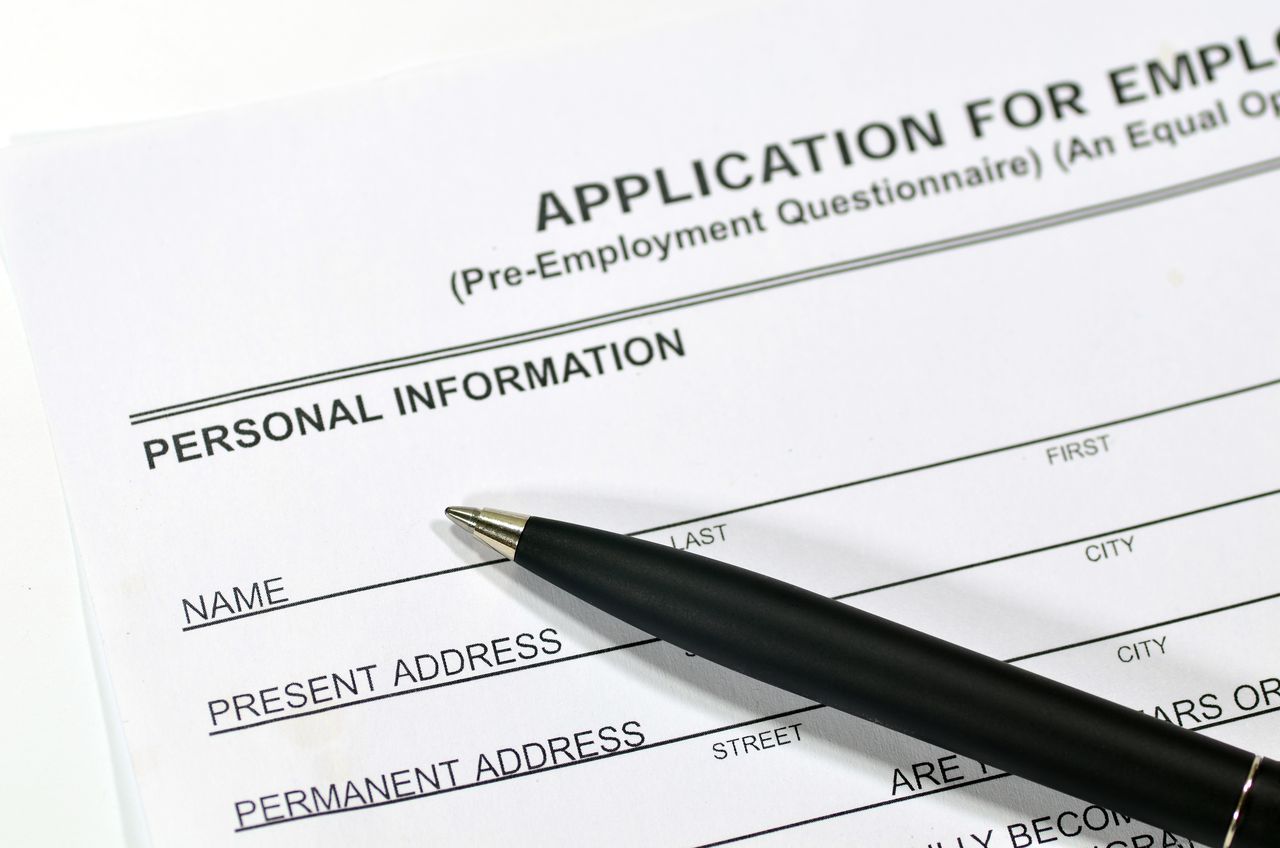Guest opinion: Alabama bill would eliminate many licensing barriers for ex-offenders
This is a guest opinion column
With concerns growing about crime and worker shortages, a new reform bill elegantly targets both issues. When it comes to allowing people with criminal records to obtain licenses to work, Alabama is tied for dead last in the nation, according to Barred from Working, a report by the Institute for Justice.
Right now, Alabamans who have been convicted of any felony—no matter how long ago it occurred or how irrelevant it is to the license—find themselves locked out of a wide variety of careers paths, ranging from nursing to styling hair. Even worse, Alabama is one of just 13 states that allows agencies to deny licenses without ever considering if an applicant has been rehabilitated—a law that completely undermines re-integrating ex-offenders back into society.
But research has repeatedly found that earning an honest living is one of the best ways to prevent re-offending. One Arizona State University study, for example, showed that states with more burdensome licensing requirements have rising rates of recidivism when compared to states with lower burdens (which included Alabama). Overall, “the occupational licensing burden was second only to the overall labor market conditions” for influencing a state’s recidivism rate.
Simply put, laws that make it harder for people with criminal records to find work actually worsen public safety. Licensing reform is crucial to providing Alabamans with a fresh start. Thankfully, a sweeping, bipartisan reform bill is on the horizon.
Sponsored by Sens. Rodger Smitherman, Arthur Orr, and Bobby Singleton, SB 51 would eliminate many licensing barriers for ex-offenders. If enacted, boards would only be able to consider criminal records that are “specific and directly related” to the license sought, a reform that would prevent boards from using irrelevant convictions to block applicants. This rigorous standard is already on the books in 19 states, including Georgia, Florida, Tennessee, and Mississippi.
In addition, under SB 51, before boards could deny an applicant, they must consider any evidence of rehabilitation as well as the passage of time since the crime was committed. Any decision to deny a license based on a person’s criminal record must be backed by clear and convincing evidence. Moreover, the reform would ban licensing boards from using “vague or generic terms” like “moral turpitude” or “good character,” phrases that often exclude candidates with criminal records.
Finally, SB 51 would let people with criminal records petition a board to see if their criminal record would disqualify them, before they start any potentially expensive training. This reform is particularly helpful since so many licenses in Alabama require significant amounts of time and money to acquire. For instance, becoming a licensed cosmetologist—one of the state’s more popular licenses—takes 1,500 hours of training. And attending beauty school in Alabama costs more than $14,400 on average, with less than 20 percent of students graduating on time.
Similar reforms have already borne fruit in other states. After North Carolina overhauled its licensing laws in 2019, the Tar Heel State has granted licenses to more than 18,300 people with criminal records.
By allowing otherwise qualified ex-offenders to work, SB 51 could expand economic opportunity for thousands of Alabamans.
Nick Sibilla, who lives in Virginia, is a legislative analyst at the Institute for Justice and the author of Barred from Working.
